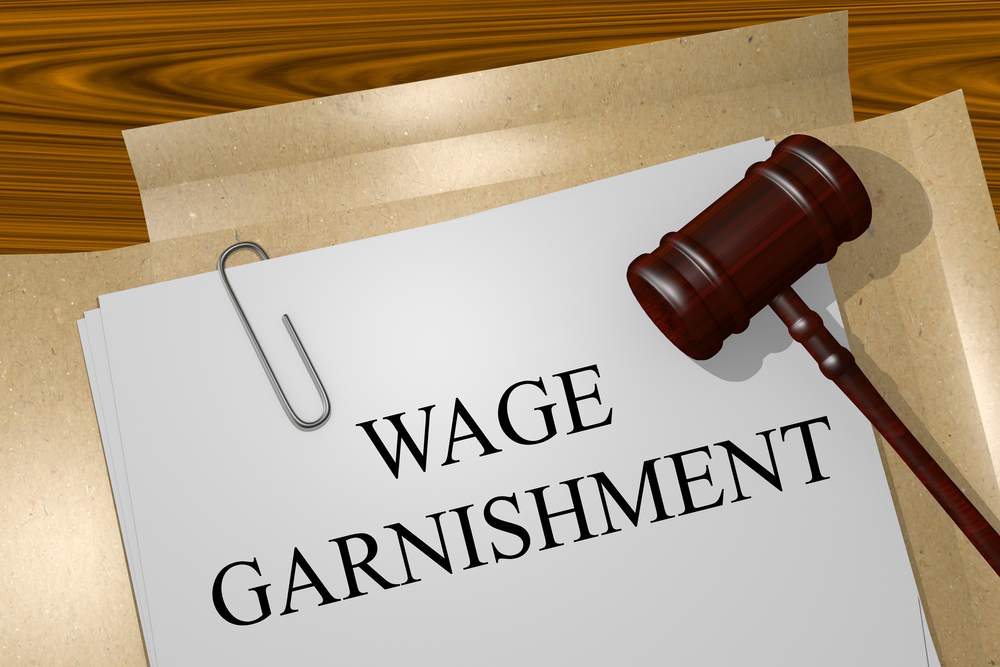Wage garnishment is a kind of serious issue and this fact cannot be circumvented. It does not only harm you financially but emotionally as well. It ruins your respect and confidence. In case you are worried regarding wage garnishment, follow these steps to get rid of this:
Income that Creditors Cannot Garnish
This is important to know that what types of income the creditors cannot garnish. Most forms of income can be garnished with and without a court order though. Here, some prominent types of income have been mentioned that cannot be garnished:
- Child support payments;
- Tips;
- Social security; and
- Workers’ compensation.
Creditors are allowed to garnish from protected sources of income if the garnishment is for overdue income taxes or child support: Pension and retirement; Veterans Administration (VA) benefits; and Alimony/Spousal support. Keep in mind that it does not include Bonuses; Commissions; Severance pay; and Investment-related income.
Avoid Getting Sued Following These Two Ways –
If you have been ordered to have your wages garnished, it may be difficult to avoid this type of judgment, but you may object to it. Depending on the type of debt the creditor is trying to collect, the following are some of the ways to stop wage garnishment:
Pre-Hearing Options:
- Try to negotiate with the creditors before your case goes to court. You may also call them to discuss the problems making you delay to pay the debt. Do not ignore your creditors anymore as this is not going to help you.
- And both parties do agree to a similar plan, chances are high that creditors would stop the garnishment of wages.
Hearing Options:
- If you are going through a financial hardship, you are allowed to file an objection to the wage garnishment claiming your situation.
- It requires proving that you are not able to cover even your basic needs if you are a low-income person.
- In case if you are successful, your garnishment will be limited and the certain amount will be reduced. Generally, exemptions are also given for income received from alimony, retirement and social security.
Filing for Bankruptcy – The Last Thing To Do
Bankruptcy can be considered as a final way to stop wage garnishment for people having substantial debts. What you need to do is file your case and once it is done, the court will issue a stay to stop most wage garnishments. The exception is available regarding child support in most cases though.
If you are announced bankrupt successfully, chances are high that your debt may be released. In some cases, even bankrupt people need to repay an old debt and this is why it is important to make sure to speak with an attorney before starting the process of bankruptcy.
Hire A Lawyer –
Lawyers who deal in this type of work have lot of experience and they can guide you properly and in apt manner that which are the best ways to stop wage garnishment. Make sure you are choosing the right kind of lawyer as this is going to affect you in long term.
Hope you will find these tips of some help in stopping your wage garnishment if you are in such a situation.




